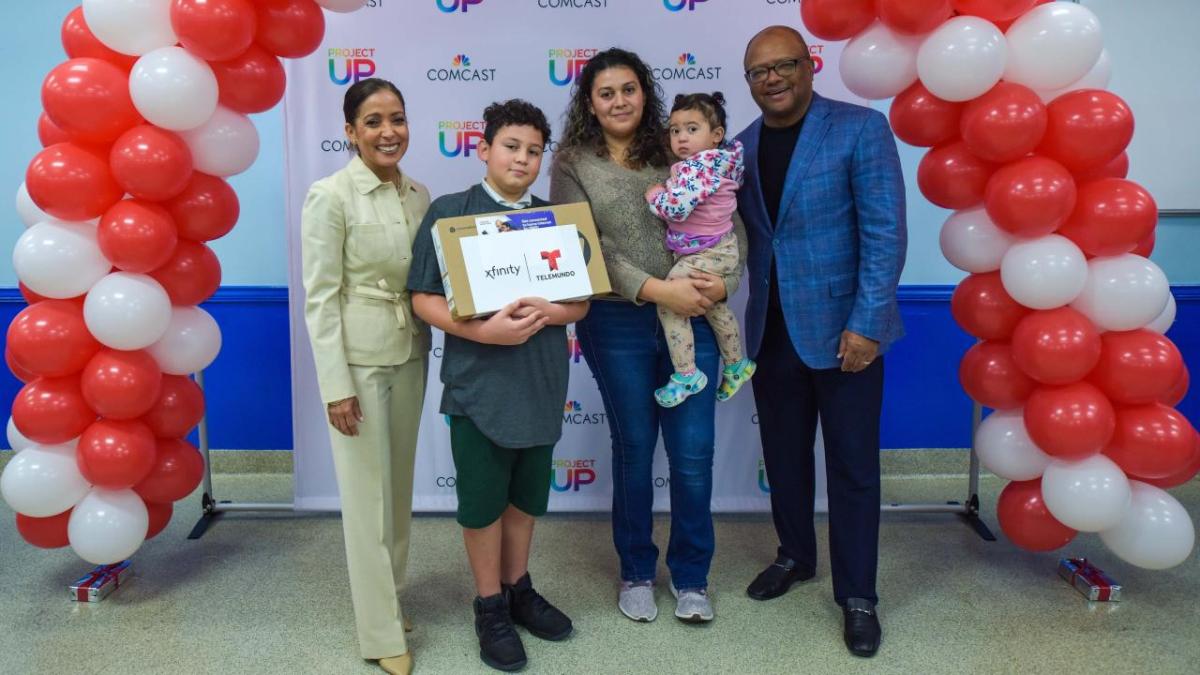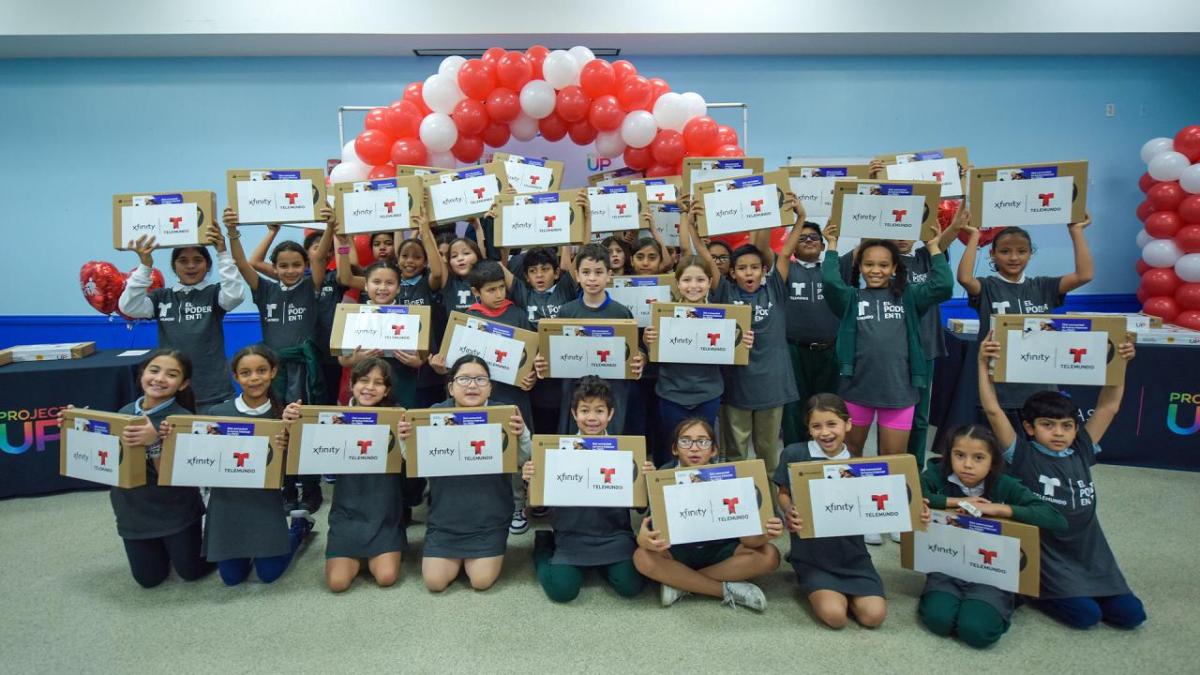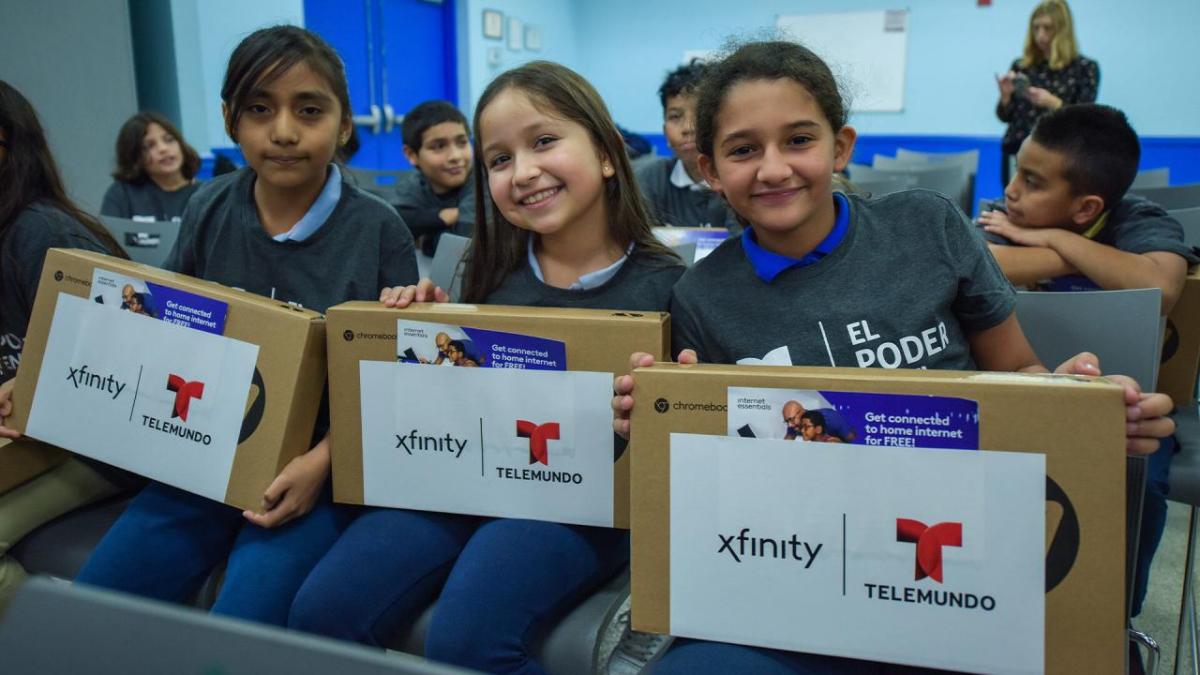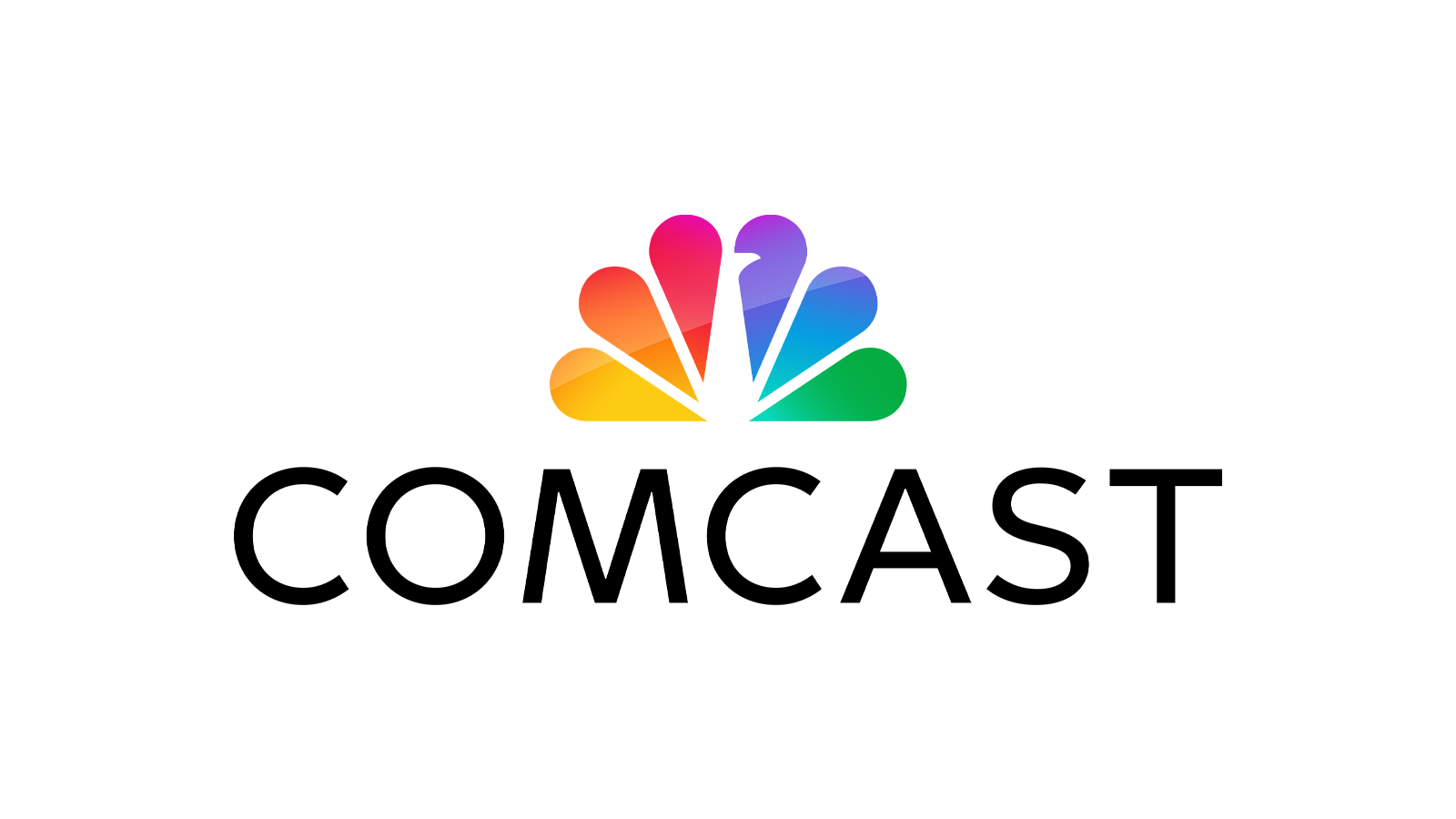Closing the Gender Digital Divide
By Broderick Johnson
As our nation and our company recognize Women’s History Month, I’m drawn to reflect on barriers that exacerbate the gender digital divide. Those barriers have economic and educational impacts, both immediate, and intergenerational.
In 2022, 62% of men around the world regularly used the Internet, while only 57% of women did. In the U.S., those who lack digital skills earn lower incomes — 92% of job postings now require basic digital skills and jobs requiring even one digital skill can earn an average of $8,000 more a year compared to jobs that do not require them. We will not be able to close the gender pay gap unless we acknowledge the need to close the gender digital divide by helping to empower women with the skills and tools necessary to get online.
For many families, a tight budget can be a barrier between them and a reliable home connection. That’s why over a decade ago, Comcast introduced our Internet Essentials program (IE) as a low-cost solution for qualifying households, offering home Internet for as low as $9.99 a month. In D.C., I met Alisha, a single mother of two, who was able to get her family online through IE. With her new home connectivity, she pursued her associate degree to advance her career, and her sons were able to do their homework and apply to college. For her family, their home Internet was what Alisha described as a “game changer,” providing access to education that puts them on a path to success.
Access to a device is another formidable barrier. In Miami, I recently met Fani, an immigrant from Honduras, whose 11-year-old son, Yariel, was unable to do his schoolwork at home because the family did not have a working laptop. Lacking access to a device that can get online is a common barrier to connectivity, but for Fani, the solution was only a partnership away. Over the last four years, through NBCUniversal Telemundo Enterprise’s El Poder En Ti initiative and Comcast’s Project UP, we’ve donated a total of 10,000 laptops to Latino-serving organizations — the last 150 were given to Amigos for Kids, a community partner that runs Yariel’s after school program. There, he received a free laptop and he can now complete his schoolwork from the comfort of home. For Yariel, a free laptop opens the door to endless opportunity; for Fani, it’s one less stressor for her to bear.
Another barrier to connectivity is the lack of digital skills. One solution sits with digital navigators—these trusted community members are trained to help get people connected, operate their computer, and navigate the Internet. According to a study by Boston Consulting Group, digital navigators helped increase Internet usage for 85% of the clients they helped get online. Through strategic partnerships, Comcast has supported the deployment of thousands of digital navigators in communities across the country. In Houston, I visited a digital navigator pilot program launched by the city and our local community partner, SER Jobs. There, I met Mary, a retired x-ray technician who enrolled in the digital skills class for seniors. A 29-year breast cancer survivor, Mary is now using her digital skills to help support others in the breast cancer community online.
Connectivity opens new doors to opportunity for everyone. Each new affordable and reliable home connection, each laptop, and each digital navigator are investments in our future. I’m immensely grateful for the partnerships that allow us to address digital equity from every angle, but we can’t do this work alone — we need ongoing collaboration across all sectors.
As we close out Women’s History Month, it is imperative that the public and private sectors continue to work together to ensure access to the knowledge, resources, and technology women need to close the gender digital divide, for themselves, their families, and their communities.
Broderick D. Johnson is Executive Vice President, Public Policy, and Executive Vice President, Digital Equity for Comcast Corporation.




